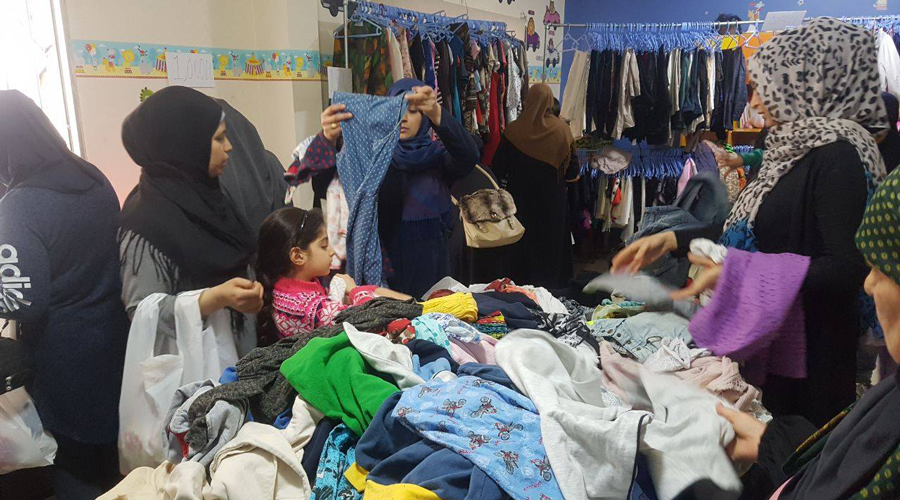Lebanon—Social Enterprise Pilot Project (SEPP)
Client: Foreign, Commonwealth & Development Office
Duration: 2017-2018
Region: Middle East and North Africa
Country: Lebanon
Solutions: Economic Growth
Regional conflicts have adversely affected Lebanon’s economy and led to increased social and political tensions in communities hosting Syrian refugees. One result has been strained government resources and poor public service delivery. Yet amidst these challenges, Lebanese young people are keen to contribute to their country’s development through social enterprise business models that create social value and serve marginalized populations. However, there are very few avenues of support in Lebanon to help promising social entrepreneurs launch and grow new mission-oriented businesses.
The Lebanon Social Enterprise Pilot Project (SEPP), funded by the U.K. Foreign, Commonwealth & Development Office (branded as SoUK.LB – Social Enterprise Hub), used an evidence-based approach to demonstrate the potential of the social enterprise model to deliver social and economic impact in Lebanon. DAI, along with its local consortium partners, worked with social enterprises from high-impact sectors to accelerate and strengthen their organisational capacity through training, mentoring, and financing.

SoUK.LB grantee FabricAID Pop-Up Market in Haret Hriek, Lebanon. Photo: Facebook.com/FabricAIDLeb/.
Sample Activities
- Support the development of a pipeline of high-impact social enterprises at the idea, early, and growth stages through seed funding, training, and mentorship.
- Increase the visibility of and awareness around the potential of the social enterprise sector in Lebanon.
- Engage existing ecosystem partners and key stakeholders to set the stage for the sustainable development and growth of the social enterprise sector.
Select Results
- Completed recruitment campaign for social enterprises/innovators, resulting in 183 applicants for support in training, mentoring, and funding.
- Out of 147 eligible applicants, 48 percent were led by women, and 50 percent were ages 18–30.
- Awarded 19 grants to start-up and growth-stage organisations and provided training sessions to 52 of these grantees. Twelve of the grantees have begun generating sales.
- Disbursed £405,000 in grants. Grantees increased the number of beneficiaries they serve by 154 percent, and created 225 jobs covering full time, part time, and contractor.
- Completed market study on the social enterprises’ operating environment, challenges, and opportunities and an overview of international best practices that can be adopted in Lebanon.
- Facilitated seven outreach events, convening members of the social enterprise ecosystem and international experts.
- Developed 26 social enterprise-focused printed and electronic communications materials–including 19 videos–and distributed them to 140 organisations.
- Engaged policymakers in policy development discussions—including officials from the Ministry of Economy and Trade, Ministry of Finance, Banque du Liban, and Office of the President of the Council of Ministers.
RELATED CONTENT:
Regional—AL-INVEST Next Programme Management Unit and EU-LAC Trade and Investment
The AL-INVEST Next Programme and its EU-LAC Trade and Investment Component promote a more dynamic and sustainable economic relationship between the EU and the countries of Latin America and the Caribbean.
Read More